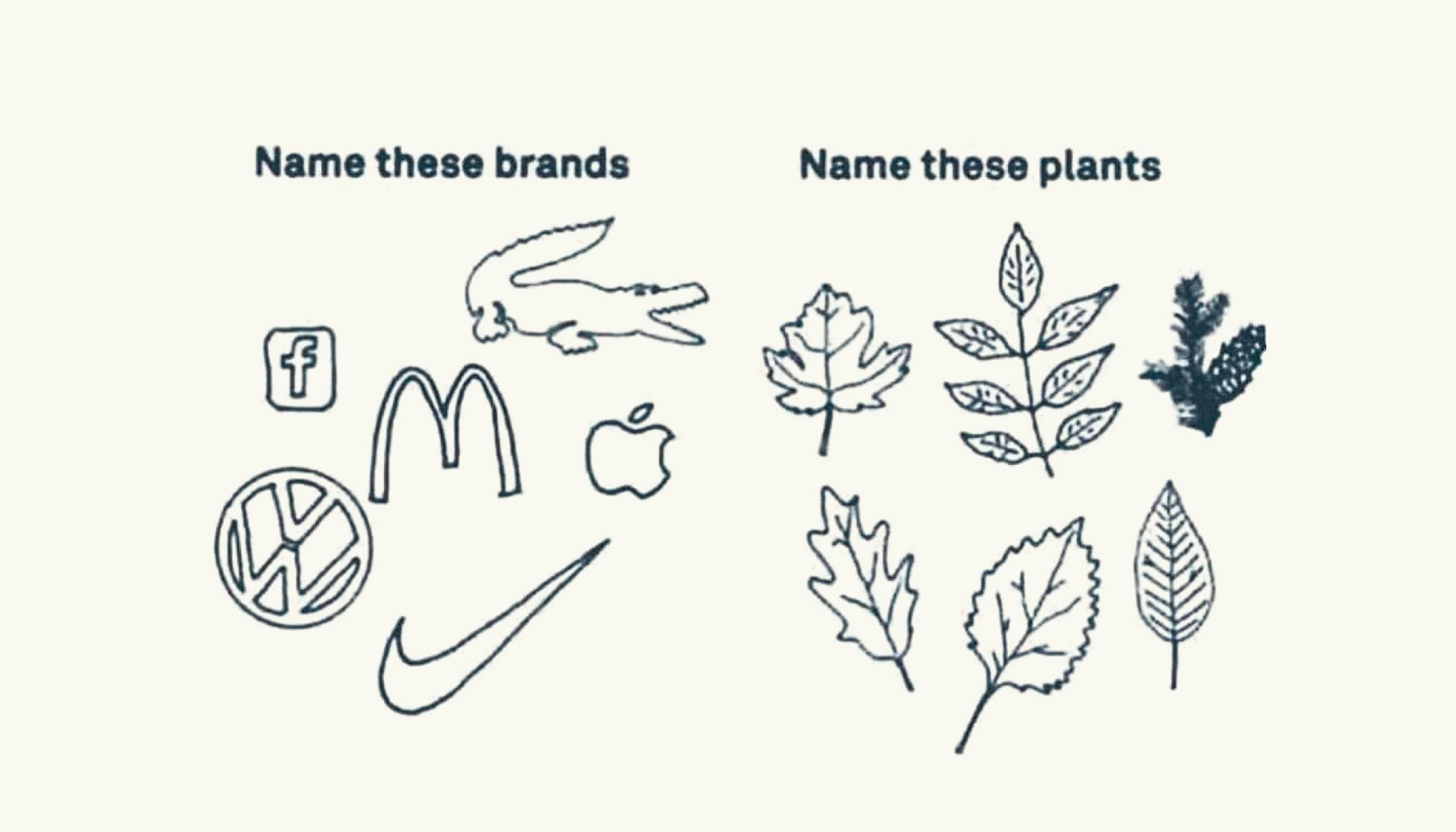Are You Plant Blind?

The term 'plant blindness' is a term describing the phenomenon whereby people fail to notice and appreciate the flora around them. This contributes to an overall lack of awareness of their ecological value and role in sustaining human life.

It was coined by botanists James H. Wandersee and Elisabeth E. Schussler in 1998 in an attempt to raise awareness on the subject and its implications. Plant blindness can manifest in various ways including a lack of knowledge about plant species, difficulty in identifying plants, and a general disregard for the importance of plants in our daily lives.
While there are also biological, evolutionary, and other cultural factors influencing this growing issue, rapid urbanisation and increased time spent on devices have accelerated our lack of engagement with nature. The result is an undervaluing of plants leading to diminishing interest in nature, plant research, conservation and agriculture. This not only impacts environmental health, but it also has huge implications for human health, both physical and mental.

Major breakthroughs in plant research have produced hardier food crops for human consumption, and more than 28,000 plant species are used medicinally. Reduced interest in this field hinders advances in vital areas of research.
Numerous studies show that spending time around trees reduces blood pressure and stress-related hormones cortisol and adrenaline, while green spaces are proven to encourage prosocial behaviours, like compassion and empathy, in children and adolescents.


SUGi’s mission is to bring Nature back to communities by rewilding urban landscapes. With 230+ Pocket Forests planted in 52 cities, including 140 schools, we have reconnected almost 80,000 children to Nature.
Through our SUGi Outdoor Classrooms, we want to make nature more accessible to our future generations, and create a learning sites that will help inspire a more sustainable and biodiverse world for tomorrow.





